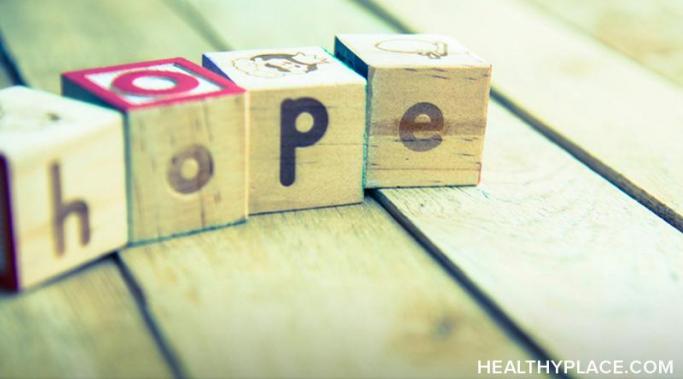Blogs
Dating with borderline personality disorder (BPD) may be difficult because BPD is marked by intense and stormy interpersonal relationships. It’s a part of the diagnostic criteria of BPD. In my own personal life, romantic relationships were often marked by drama and more drama. I brought drama and I attracted drama. So is it realistic for those of us with BPD to ever date again? Are we really capable of building healthy romantic relationships? With a little bit of work and commitment, I wholeheartedly believe this answer is yes. Whether or not we have BPD, we are human beings. And human beings are wired for relational connections, including romantic partnerships. Today, I’ll share some tips to keep in mind when dating with borderline personality disorder.
Anxiety and impatience are common problems. I have personally struggled with impatience due to anxiety many times. Read this article for tips about how to calm down when you start to feel impatient.
I love being a mental health worker in Toledo, but I see our city named on all sorts of lists: "most stressed-out cities," "high violent crime rates," and even "least-livable cities."
Self-stigmatizing negative thoughts can work their way into your mind when you live with a mental illness. Learning how to deal with negative thoughts is one of the biggest learning curves there is. Personally, it's something that I still struggle with, too. When things become still and I'm left with myself, it gets loud in my head. The self-stigmatizing negative thoughts begin to incessantly drum away and it becomes challenging to deal with, but I do have helpful strategies.
It's important to build self-respect to help you reduce anxiety. One of anxiety's most damaging effects is that it makes it difficult for people to respect themselves. We question ourselves and worry about disapproval. Out of worry and fear of causing problems, we sometimes become people-pleasers. As such, we tend to avoid saying "no" and setting limits in general. This, in turn, increases anxiety and can further erode self-respect. You're not doomed to being a yes-person forever, though. Setting limits is a skill you can learn and you can build self-respect and reduce anxiety in the process.
It's possible to use songs to cope with depression. Many of us who are diagnosed with depression, myself included, find comfort in music. Often we can identify with an artist and his/her feelings and experiences; also, we may find that songwriters are able to eloquently put into words the thoughts and struggles we have but are unable to express aloud. This is why I find using songs helpful in coping with my depression. So, how do I use songs to cope with depression?
Anger can affect bipolar disorder. In fact, the relationship between anger and bipolar disorder is bidirectional: bipolar disorder can affect anger and anger can affect bipolar disorder. As a person with bipolar disorder, I find anger and its effects scary.
As negative thoughts are racing through your head, it's hard to focus on anything else, especially your ambitions. Goals can seem impossible to achieve when you're in the wrong mindset. You might even decide that it's not worth it to start a project or focus on a goal because you're experiencing all these negative thoughts that say you can't do it.
Anxiety in relationships can cause problems because it’s very easy to take out your anxiety on others. Consider this hypothetical: you’re anxious about something – the cause isn’t important, and perhaps there is no cause. Regardless, it’s to the point where it’s actively affecting your day. Someone asks you a harmless question – for whatever reason, it sets you off and you snap at them. Clearly, anxiety in relationships is detrimental to you and those you care about, and if it happens, steps should be taken to prevent it.









